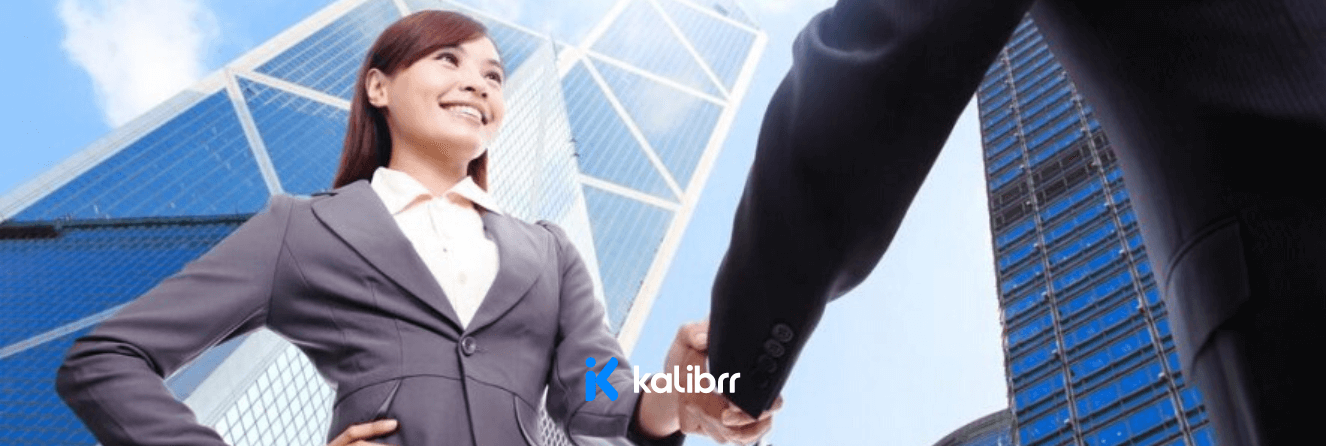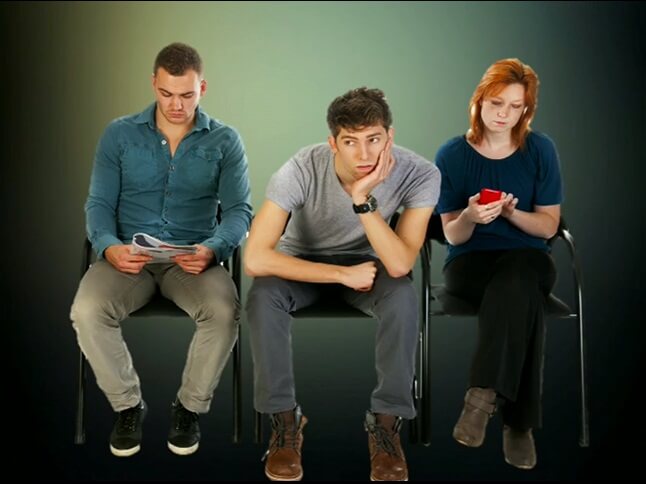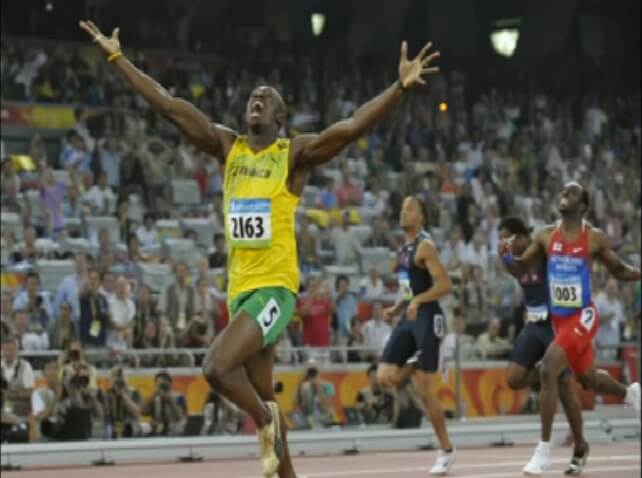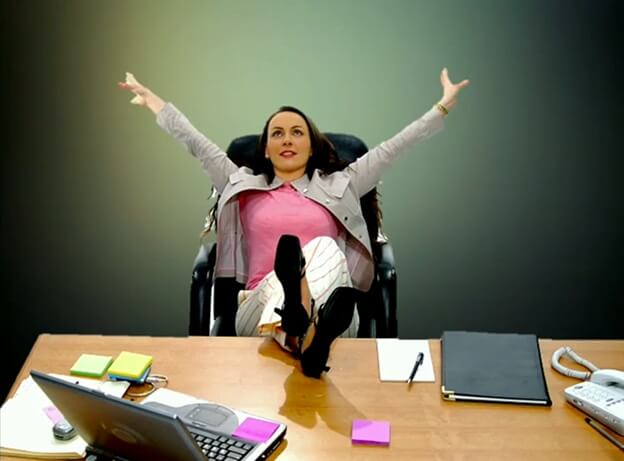Power Poses to Boost Your Confidence For Job Interviews

A job interview often feels like a trip to the executioner, whether you’re a fresh grad hunting for work or a seasoned veteran searching for greener pastures. In fact, merely showing up for it can already cause you all kinds of unexpected stress. Entering an unfamiliar office, getting weird looks from your potential officemates, and awkwardly waiting for your (most likely late) interviewer – all these can make you feel more jittery and pressured.

Looks familiar?
Thankfully, there is a more productive way to use this waiting time besides nervously fiddling with your smartphone. In Amy Cuddy’s TED talk, “Your Body Language Shapes Who You Are,” the social psychologist from Harvard Business School explains how you can increase your confidence just by tweaking your body language.
The technique is “power posing”, or holding a posture of confidence for two minutes, even when you do not feel confident. Below are some of the high-power poses Cuddy presented in her talk:

In general, high-power poses tend to be open, proud and expansive. For example, this pose called “pride”, where the arms go up in V and the chin is slightly lifted, is usually exhibited when one wins a physical contest.

Even more interesting, the above action is done by people who are born with sight and people who are congenitally blind, even if they have never seen it or been taught to do it.
Low-power poses, on the other hand, tend to be closed and guarded, making your body smaller. Touching your neck, Cuddy singles out, is especially low-power as if you are really protecting yourself (third photo).

So how does power posing work?
According to Cuddy, high-power and low-power poses can affect two crucial hormones in the brain: the dominance hormone testosterone and cortisol, the stress hormone. Powerful and effective leaders, she says, have high testosterone and low cortisol.
What does that imply? Power is not only about dominance (having high testosterone), but is also about effectively reacting to stress (having low cortisol).
As Cuddy puts it, “Do you want the high-power leader that’s dominant, high on testosterone, but really stress reactive? Probably not, right? You want the person who’s powerful and assertive and dominant, but not very stress reactive, the person who’s laidback.”
To measure how body language affects confidence, Cuddy and her associate Dana Carney from University of California Berkeley did the following steps in their study:
1. Subjects’ saliva samples were taken and their testosterone and cortisol levels were measured.
2. Subjects did either two high-power poses or low-power poses for two minutes each.
3. Subjects’ saliva samples were taken again and their testosterone and cortisol levels were measured again for comparison.
4. Subjects were given an opportunity to gamble.
The result: high-power poses increased the subjects’ original testosterone levels by 20 percent, while decreasing their cortisol levels by 25 percent. In contrast, the low-power people’s baseline testosterone decreased by 10 percent and their cortisol increased by 15 percent. In terms of risk tolerance, which is the gambling, 86 percent of the high-power people gambled while only 60 percent of the low-power people did.
Simply put, the subjects who assumed high-power poses became more confident, less anxious, and more willing to take risks. Those who did the low-power poses displayed physiological evidence of feeling less confident, more stressed, and less willing to gamble.
With these findings, Cuddy proved that not only does our body language, or non-verbals, affect how others perceive us. Just as important, it also governs our body chemistry, how we think and feel about ourselves, and how we perform.
Does this mean you should show up to your job interview acting like this?

Of course not. Just to make it clear, you should not rely on power posing alone. Preparing for your job interview and anticipating the interview questions are essential.
Still, doing the power poses gives you an extra surge of positive energy just when you need it the most. What makes this technique great is that anyone can do it. It is free, quick, easy-to-do, and applicable to many evaluative situations. You can do it for two minutes in a bathroom stall while waiting for your interview, in your desk before a work presentation, or backstage before speaking in public. As Cuddy advises: “Configure your brain to cope the best in that situation. Get your testosterone up. Get your cortisol down.” And she’s right. Who knows? This may be the extra edge, the tipping point, that lets you win over the others.
So if you ever find yourself in a situation where your confidence wavers and you feel that you don’t belong there, remember that you can fool your body and convince your mind that you can do it. In the wise words of Cuddy herself, “Fake it. Do it not until you make it—but until you become it!”
Main article image from House of Cards wikia
Article images from Amy Cuddy, Harvard University





No comment available yet!